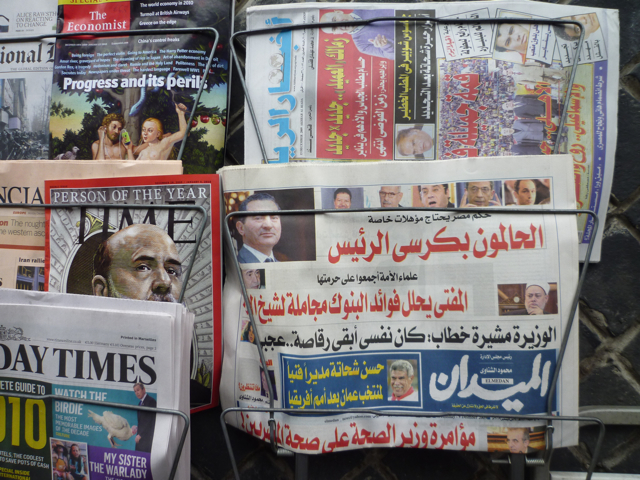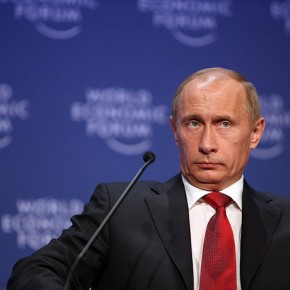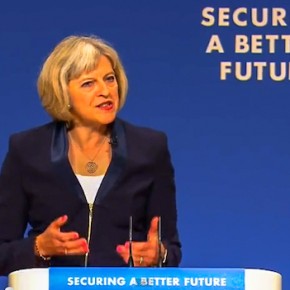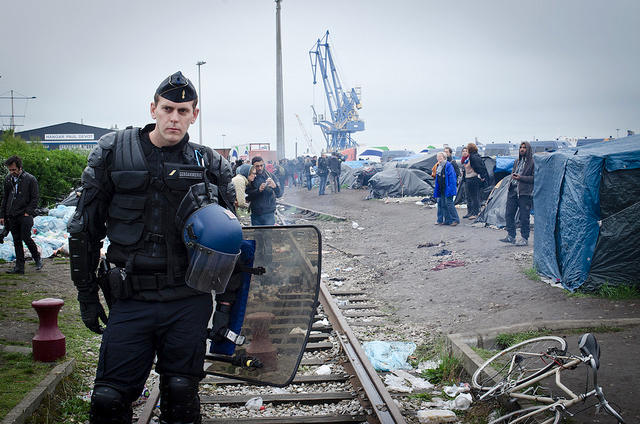Debate on the Charlie Hebdo massacre and the various sieges and stand-offs which followed quickly focused on lots of the wrong things but two in particular.
Firstly, there was an abstract focus on the Hitchensian horrors which organised religion is allegedly predestined to thrust upon us and secondly an equally abstract take on free speech trotted out by public figures and corporate and state media.
Much of the comment and coverage which followed the atrocity zeroed in on the interface between religious belief and unhindered speech, and the degree of compatibility between them.
World leaders descended upon Paris with their agendas on their sleeves, promenading shoulder to shoulder with allies and rivals alike – memorably, Netanyahu was separated in the front rank from Mahmoud Abbas by only four dignitaries. All espoused their commitment to enlightened ideas.
If one lacked any coherent politics and at the same time was afraid of such killers, then one could believe that the gallery of statesmen and women in France were genuinely committed to liberty. And in turn cling to the values they were claiming on our behalf as if they were kevlar.
And so people did. Citizens whom, it often appeared, had barely thought about liberty beyond lessons at school clung to the narrative handed to them, tapped it eagerly into comment threads, and repeated it sternly if a TV camera was pointed their way.
Journalism, journalists and liberties such as a free press and freedom of speech are not now and have never been sacrosanct. Politics is about power, not platitudes, and journalists treatment by states, even states which practice something resembling democracy, often reflects this.

In the first, were it the case that leaders like Cameron and Obama had suddenly realised they were wrong all along and that an unshackled media was more boon than burden, Manning and Assange would have walked free the same day and Snowden would have his pardon in hand.
The US has not only considered but carried out air-strikes against news offices. It bombed Al Jazeera twice – Kabul in 2001 and Baghdad 2003 – killing a reporter in one incident.
In 1999, sixteen people employed by Radio Television of Serbia (RTS) when a NATO missile struck it’s headquarters in Belgrade.
Those are just a fraction of the available examples of democratic liberal states slaughtering journalists. Mostly governments are restricted to just repressing them, blocking their ability to work or, if at all possible, making sure only the obedient ones get access.
In a 2008 report on the Recognition Of Our Armed Forces In Society, the future media relations with regard to war zone embedding are spelled out neatly: “Once a journalist had earned the trust of the commander…it should no longer be necessary for him or her to be accompanied at all times…”

Such is the government fear of journalists that in terms of data security, it has had occasion to classify them alongside disgruntled employees, spies and terrorists in terms of the risk they pose.
Late last year, the Ministry of Defence decided that any service person who met a journalist, even in innocuous social circumstances, was required to report it to his or her chain of command.
A deadpan Theresa May argued in Parliament on Wednesday for more powers to snoop into electronic communications, citing Charlie Hebdo as she put her case.
Yet concerns over whether such powers will be used to access the email records of journalists – plus ministers and lawyers – has prompted an urgent campaign involving a number of UK editors to expose the risks of invasive surveillance.
To preserve Our Way of Life and carry on regardless, the government will change Our Way of Life, to favour its surveillance policies, at the expense of freedom.
Far from prizing liberty, western governments have proved absolutely prepared to suppress what they purport to hold dear, subvert it for their own ends and on occasion bomb it out of existence.
Our starting point for analysing the Paris attacks should not be the assumption that it was an attack on freedom. We have been here before in the wake of a terrorist attack, and let us recall we heard the same thing, but in a Texan accent.
Photographs courtesy of Joel Schalit.





